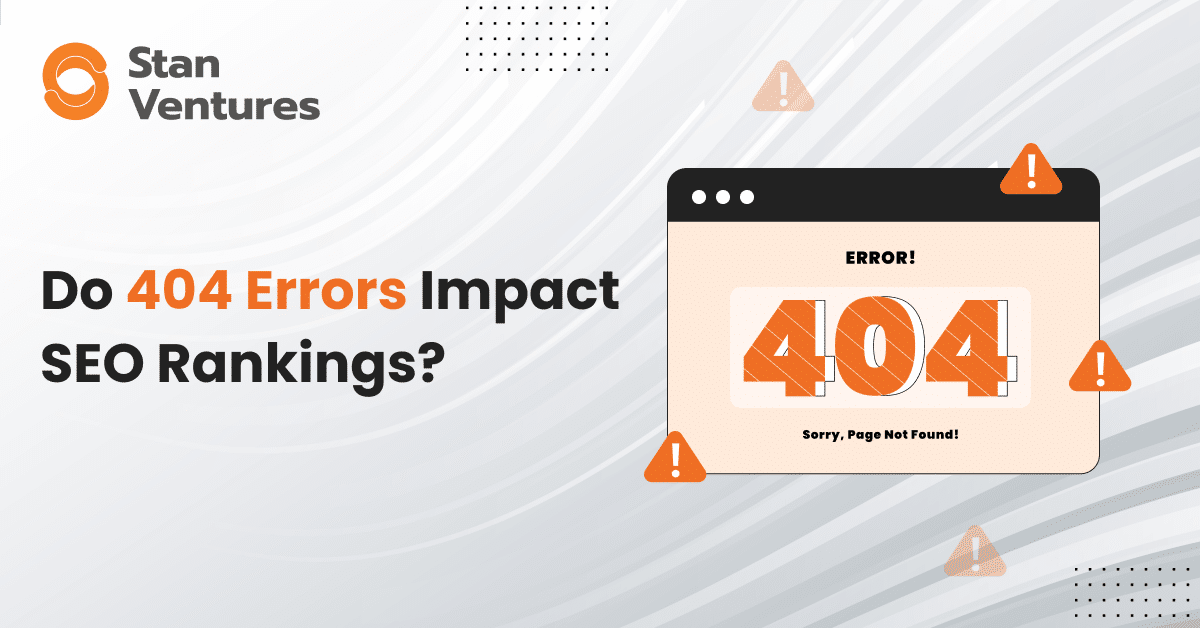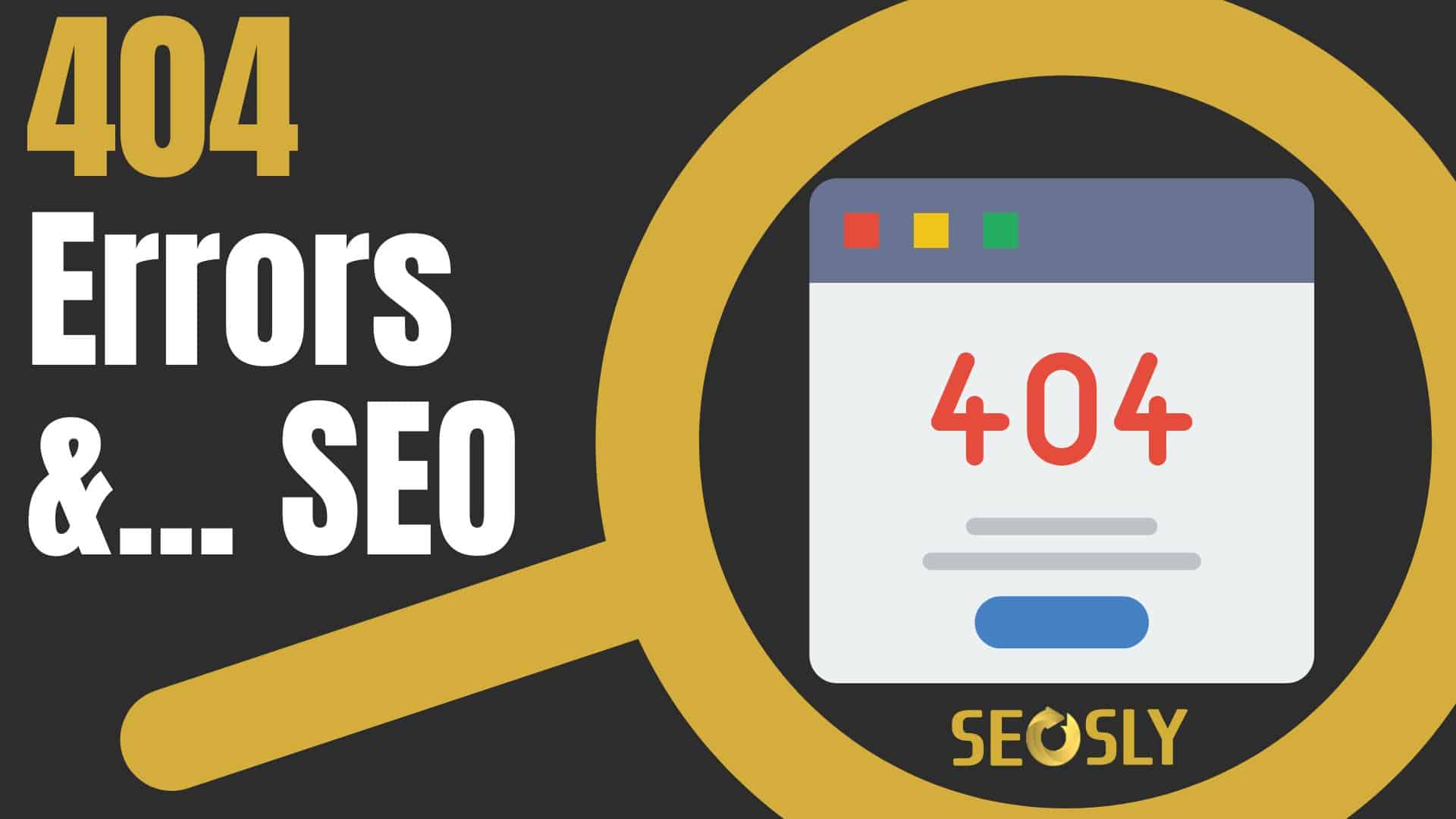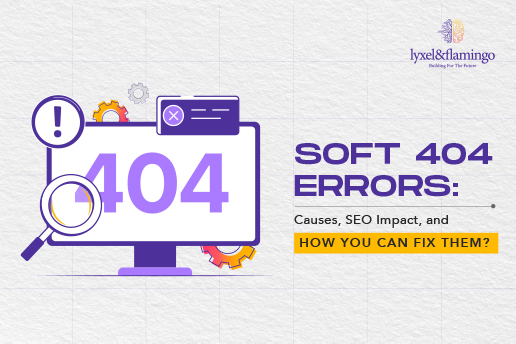404 errors can have a positive or neutral effect on SEO in specific contexts.
Positive effect: When 404 errors result from intentionally removing low-quality, duplicate, or outdated pages after a content audit, they can help search engines better understand the site’s topical relevance and authority. For example, deleting redundant blog posts and consolidating content into a comprehensive article can improve the site’s perceived value and rankings. This pruning helps focus SEO efforts on higher-quality content.
Neutral effect: 404 errors on unimportant pages that neither rank nor drive traffic generally have little to no impact on overall SEO. For instance, outdated event pages or news releases that no longer matter can safely return 404s without harming the site’s search visibility.
Additional context:
- Google treats 404 errors as a normal part of the web and does not directly penalize sites for having some 404s.
- The key is whether the 404s affect important pages with backlinks or traffic. If so, they can indirectly harm SEO by losing link equity and user engagement.
- A well-designed 404 page that guides users to helpful content or search options can mitigate user frustration and improve user experience, which indirectly supports SEO.
- Excessive or poorly managed 404s, especially broken internal links, can waste crawl budget and signal poor site maintenance, potentially weakening SEO performance.
- Best practice for important deleted pages is to use 301 redirects to relevant content to preserve link equity and maintain SEO value.
In summary, 404 errors are not inherently bad for SEO; they can be neutral or even beneficial when used strategically to remove low-value content, while poorly managed 404s on important pages can indirectly hurt SEO.





